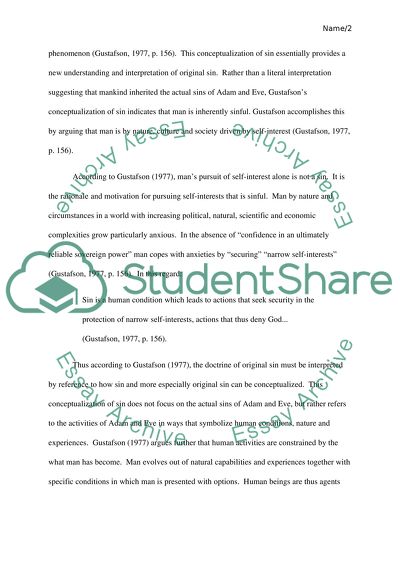Cite this document
(“Assess any ONE or TWO modern interpretations of the doctrine of Essay”, n.d.)
Retrieved from https://studentshare.org/religion-and-theology/1465435-assess-any-one-or-two-modern-interpretations-of
Retrieved from https://studentshare.org/religion-and-theology/1465435-assess-any-one-or-two-modern-interpretations-of
(Assess Any ONE or TWO Modern Interpretations of the Doctrine of Essay)
https://studentshare.org/religion-and-theology/1465435-assess-any-one-or-two-modern-interpretations-of.
https://studentshare.org/religion-and-theology/1465435-assess-any-one-or-two-modern-interpretations-of.
“Assess Any ONE or TWO Modern Interpretations of the Doctrine of Essay”, n.d. https://studentshare.org/religion-and-theology/1465435-assess-any-one-or-two-modern-interpretations-of.


